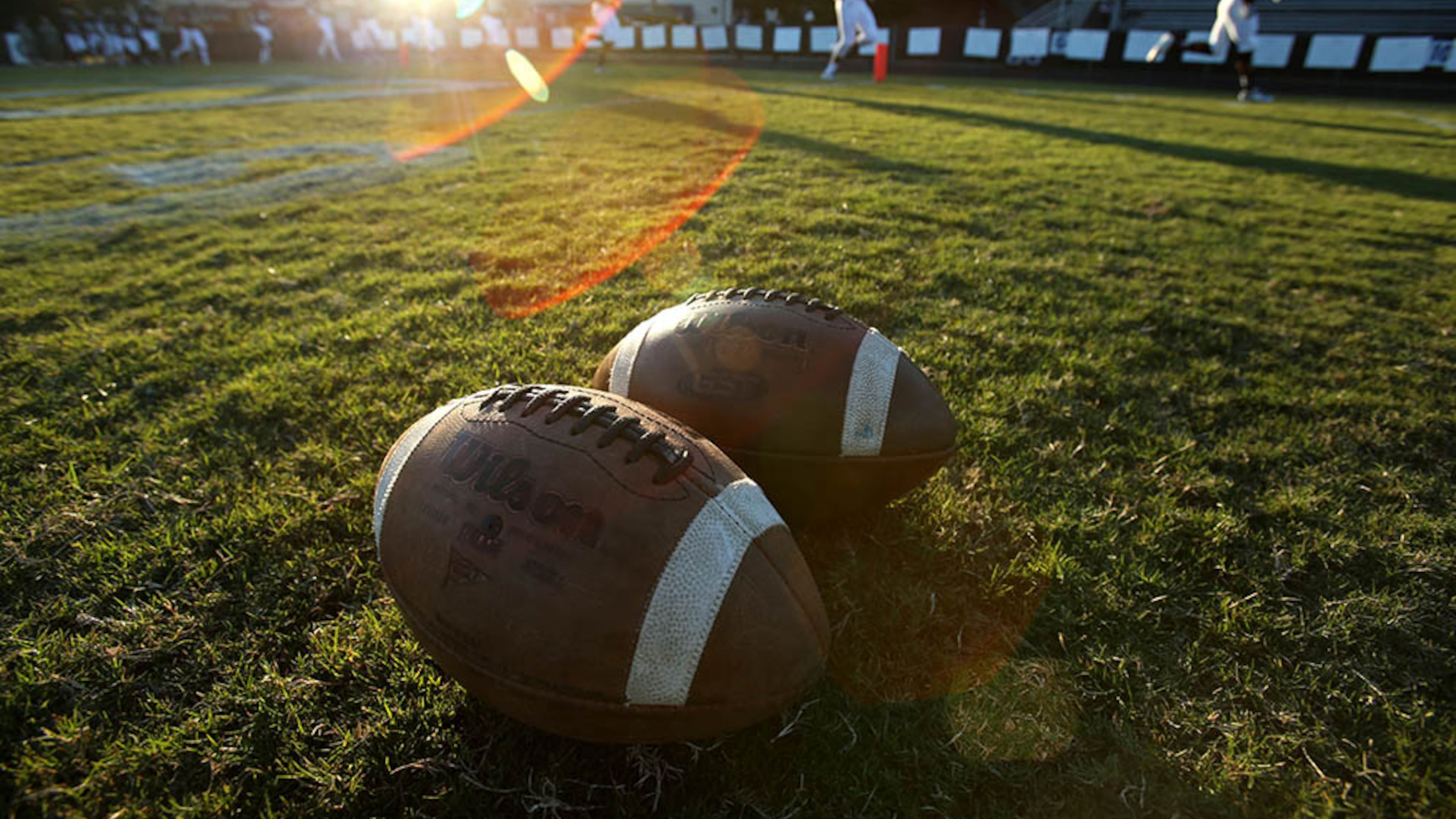A conversation with Jenkins head coach Tim Adams on reclassification

The Savannah schools understand better than most that playing up in classification can be a heavy burden for high school football programs.
For years, the schools with AA/AAA enrollments played in Class AAAAA/AAAAAA to avoid having long travel nights for all sports. Programs like Windsor Forest, Beach and Jenkins were placed in Region 3-AAAAA with teams like Camden County, with little thought of region championships and long playoff runs.
Take Jenkins' 2007 season, for example. The Warriors went 8-2, 6-1, a solid record by any stretch. But its two losses were to Camden in the regular season and Coffee in the first round of the playoffs. Both scores were 37-0. It became a tough mind-set, knowing what was waiting at the end of the season and also knowing that a region title was pretty much not an option.
All of this changed in 2013 when the group of schools were allowed to play in the proper classification and stay in the same region to save travel costs.
This season Jenkins (8-1, 6-0) won its second region title (3-AAA), the first since 1966. That's 50 years.
Savannah has been a historically powerful high school basketball town, but now that the main group of public schools have a level playing field for football. And it could prompt changes. Maybe -- public school coaches are hoping -- the group of athletes who have been funneling to recent state champions Benedictine and Savannah Christian private schools might give the public schools a second look.
Jenkins head coach Tim Adams discussed that and other things Monday :
Q. How does the level playing field impact you as a coach and the city of Savannah?
A. I think it is bigger than just us and Savannah; I think there is an impact anywhere in the state. If you are playing with similar schools, it's a level playing field. You may not win, in exactly the manner that you want to win, but you are going to lose to teams that are similar schools. That is why they have classifications. If it didn't matter, then they wouldn't have them. It doesn't mean you are going to win it all, but it means you are facing opponents that are similar to you in school size. I don't know if it is a good analogy -- but to me it is -- it is kind of like in boxing. You have a heavyweight and a lightweight. You just don't throw them in the ring together.
Q. How are the kids reacting to the change of classification?
A. It has an impact. I think you see, not just at Jenkins but as a whole, that when you are playing and competing at any sport in the right classifications, I think it gives you a fighting chance. If nothing else, your kids see, "Hey this is a similar school. They got 1000 kids; we got 1000 kids." And I know it doesn't work out perfectly anymore, but it does help from a standpoint. I think some kids may pay attention to it; some don't. I think the more mature kids notice it, the seniors, and they know the importance more than the younger players.
Q. What did you do after the game that clinched the region?
A. What did I do? Well, you feel real good about yourself and then I put a load of laundry on like I always do at Jenkins. And I went in Saturday and Sunday to do the same routine. I came home that night and spent time with my wife, family and grandchildren, and we watched TV. People enjoy things in different ways. When reality set in, I talked with my other coaches, you know, and Saturday felt good. But you still have to load that laundry; you still gotta fold that laundry. A little bit of humbling comes back into play, which is good.


